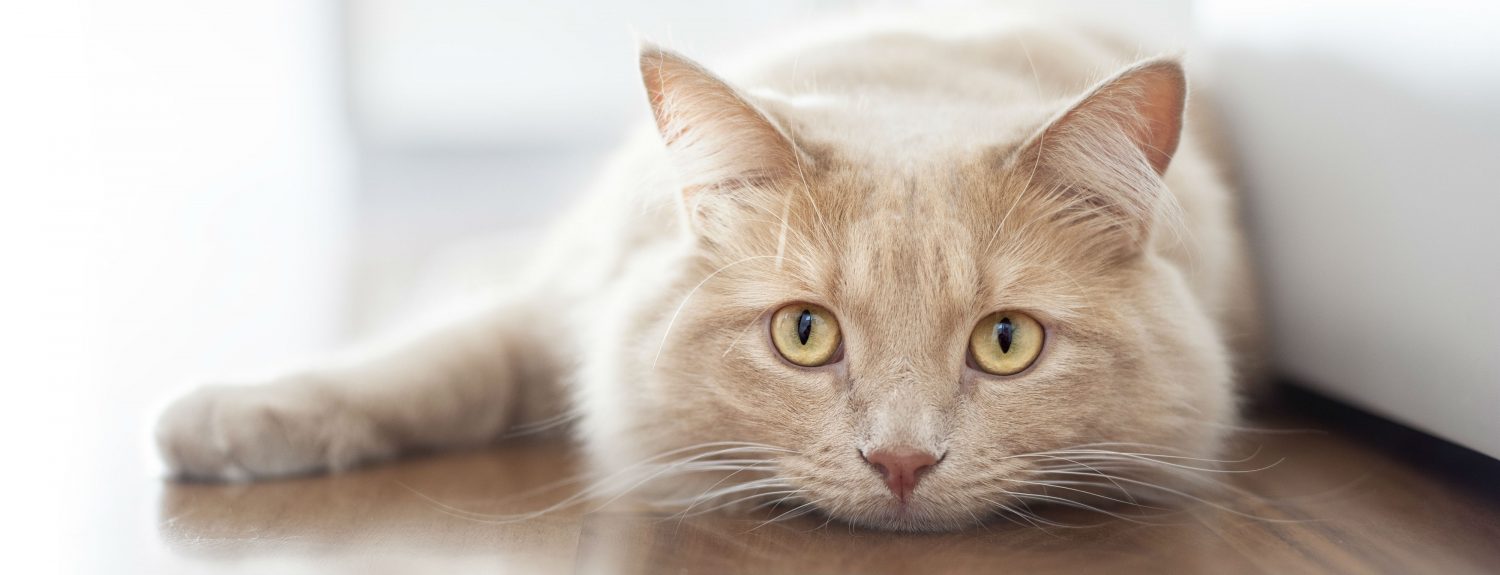What can I do to improve my cat’s kidney disease?
Original Question: My cat is 15 years old with early kidney failure. The vet put her on Hills k/d cat food and I was wondering if there is there anything we could do to help her. She has full blood work done every year and her housemate died of the same thing. - Kenneth
 Mar 5, 2018
Mar 5, 2018
Hi Kenneth,
I’m sorry to hear that you’re doing with this.
Kidney disease is very common in cats and there are a lot of supplemental treatments that you can do to slow the progression of the disease and improve their quality of life however the kidney failure typically proceeds. The nice thing is that it can be very slow and cats can function normally for years with this affliction.
The food is certainly an important part of the treatment and many vets will start with that. Sometimes when I first diagnose a cat with kidney disease I will perform something called diuresis. This is where they are put on intravenous fluids and I push a lot of fluid through them. This is very therapeutic for the kidneys and it will help to wash out some of the waste products that are accumulating in the body. It also is an opportunity to see how the kidneys respond and to some degree it could be diagnostic. If you performed blood work after the diuresis, it will tell you how effective the treatment was and a little bit about how much function is remaining in the kidneys. It is a bit costly and it means leaving your cat in the hospital for a day or two, so some people choose not to perform this.
Treating kidney disease at home is ‘more water down the pipe’. Again this is like diuresis as described above just not as aggressive. Doing something to encourage you cat to drink water is ideal. Fatter cats tend to use water fountains a lot more often or you can also flavor the water with tuna juice to encourage intake. You can also freshen it up often and put more holes or glasses of water around to encourage drinking. If you’re up for it, there is a much more effective way of performing diuresis at home. You can have your veterinary staff show you how to administer subcutaneous fluids to your cat. Many owners do this on a regular basis and although it seems a little scary, it’s easy to get used to. This is where you take a bag of intravenous fluids home and you place a needle under the skin and run some fluids in there that will be absorbed over the course of a few hours. You can talk to your veterinarian about this option and whether it could be right in your case.
There are supplements you can fight that are therapeutic for kidneys. The supplements will help control some of the electrolyte imbalance that develops with kidney disease. There is also a supplement that has a live culture of bacteria that reduces the production of some of the nitrogenous compounds that the kidney has difficulty managing.
I strongly recommend that you talk to your veterinarian about getting your cat’s blood pressure assessed. It’s common for older cats to have hypertension or high blood pressure. This will further damage the kidneys and blood pressure medications often help to reduce this. If you have trouble with administering a pill you can always ask that these medications be formulated into a gel that you rub on the ear. Performing blood work to look for current conditions and imaging the heart and kidneys can help determine if there are other contributing problems to kidney disease. For example, it’s common for our cats to develop hyperthyroidism and this will contribute to heart disease and elevated blood pressure that will advance kidney damage.
In cases where the kidney disease is in the later stages there could be other symptoms that create problems. It’s common for cats with late stage kidney failure to develop anorexia and vomiting. The symptoms can be controlled with medication that you can ask your veterinarian about if and when they occur.
There is a fantastic online resource that can help you with all of this and the group is called the International Renal Interest Society. They establish protocols for identifying stages of kidney disease and the level of treatment for each stage. It is a protocol that every veterinarian should be following that can be found at: www.iris-kidney.com.
Thanks for your question and good luck.
Dr. Clayton Greenway
Disclaimer: healthcareforpets.com and its team of veterinarians and clinicians do not endorse any products, services, or recommended advice. All advice presented by our veterinarians, clinicians, tools, resources, etc is not meant to replace a regular physical exam and consultation with your primary veterinarian or other clinicians. We always encourage you to seek medical advice from your regular veterinarian.

